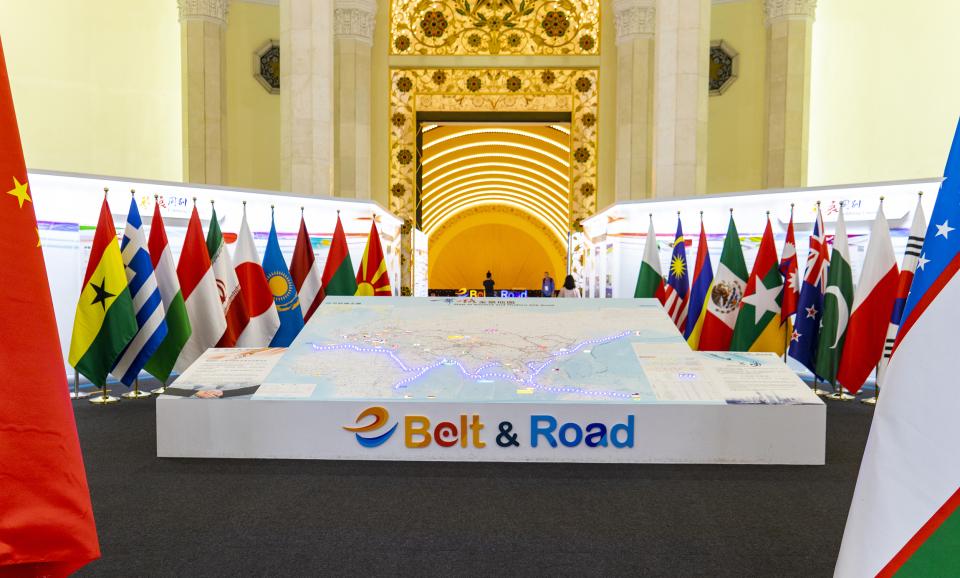Some countries have been discrediting the China-led Belt and Road Initiative from various angles, accusing it of being no more than “geopolitical expansionism” or “creditor imperialism.” A particularly fierce criticism is that the country is engaging in "debt-trap diplomacy” – that is making debt crises and then controlling the countries. A top scholar refuted this argument in an article on news portal
haiwainet.com.
The theory stems from their own experience of some Western powers, who evidently believe China is following the same path and attaching political and strategic interest to debt relationships, wrote Zhang Jiadong, director of the Institute for Strategy and International Security under the Shanghai-based Fudan University. During the 1997 Asian financial crisis, for example, certain countries manipulated the International Monetary Fund to levy economic and political requirements on countries mired in the debt crisis.
By this argument, they are ignoring the track record of China’s handling of debtor relationships – different from that of the West – as well as fundamental changes to the global system, Zhang said, noting that China has always stuck to the principle of sovereign equality and never politicized economic issues. Moreover, the world order is different from in the colonial period. The Belt and Road was proposed against a background of equality, globalization, international rules and standards and mutual dependence, and it is underpinned by voluntary participation.
As pointed out by the theory, one fact is that some countries owe China a debt that accounts for a relatively high proportion of their own GDP, thereby running the risk of defaulting, Zhang warned. But this should not be the target of criticisms Western countries throw upon the initiative, but an important factor to be considered when China and host countries research the feasibility of projects.

 Old Version
Old Version